As published in

South Africa’s G20 presidency marks a historic first for the continent—and an opportunity to reshape global priorities around developmental goals, equitable financing and a future based on shared prosperity.
For the first time in history, the G20 is being hosted by an African nation. Guided by the theme ‘Solidarity, Equality and Sustainability’, South Africa’s presidency ushers in a new era, placing the spotlight on Africa and the Global South. With an agenda focused on fairer development finance, climate-aligned investment and the reform of multilateral institutions, the emphasis is on fostering cooperation that delivers results—not rhetoric. “Our G20 presidency is a valuable opportunity for South Africa to advance efforts towards greater global economic growth and sustainable development,” President Cyril Ramaphosa said.
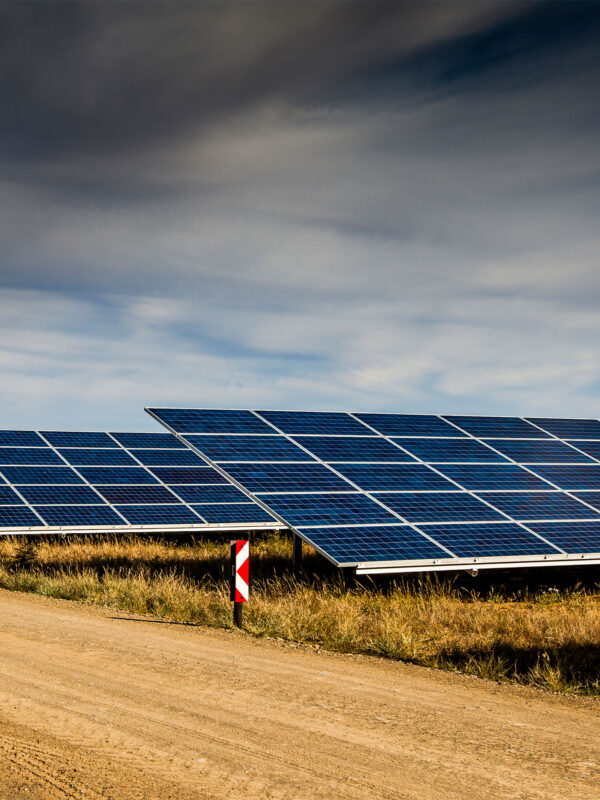
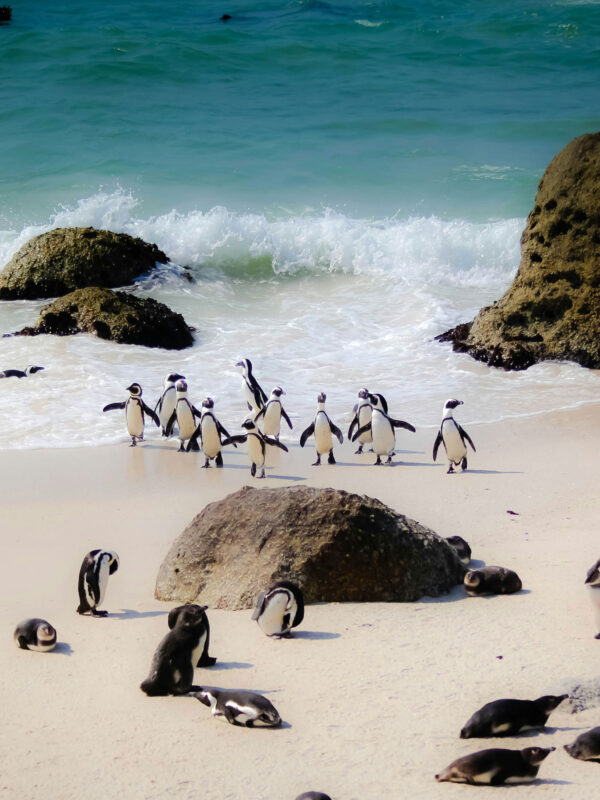
At the centre of this effort is a drive for collaboration and social cohesion, embodied by ubuntu—the philosophy of shared humanity, often summarised as ‘I am because you are.’ This is reflected in the government’s reform-led domestic agenda, which centres on boosting inclusive growth, tackling the cost of living and building a capable, ethical state. “To undertake this task, we need a government that works for the people,” Ramaphosa said.
On the ground, that translates into a wide-ranging investment programme covering areas including infrastructure, utilities and digital public services. This is accompanied by a broad-based reform of local government that echoes South Africa’s goals to transform institutions on the international stage. In shaping an agenda that blends both domestic and global priorities, the nation is demonstrating its commitment to leading by example. “We know that our future prosperity is inextricably bound to the prosperity of the African continent,” Ramaphosa said. As a continental hub for investment, trade and inclusive growth, South Africa stands ready to pave the way.
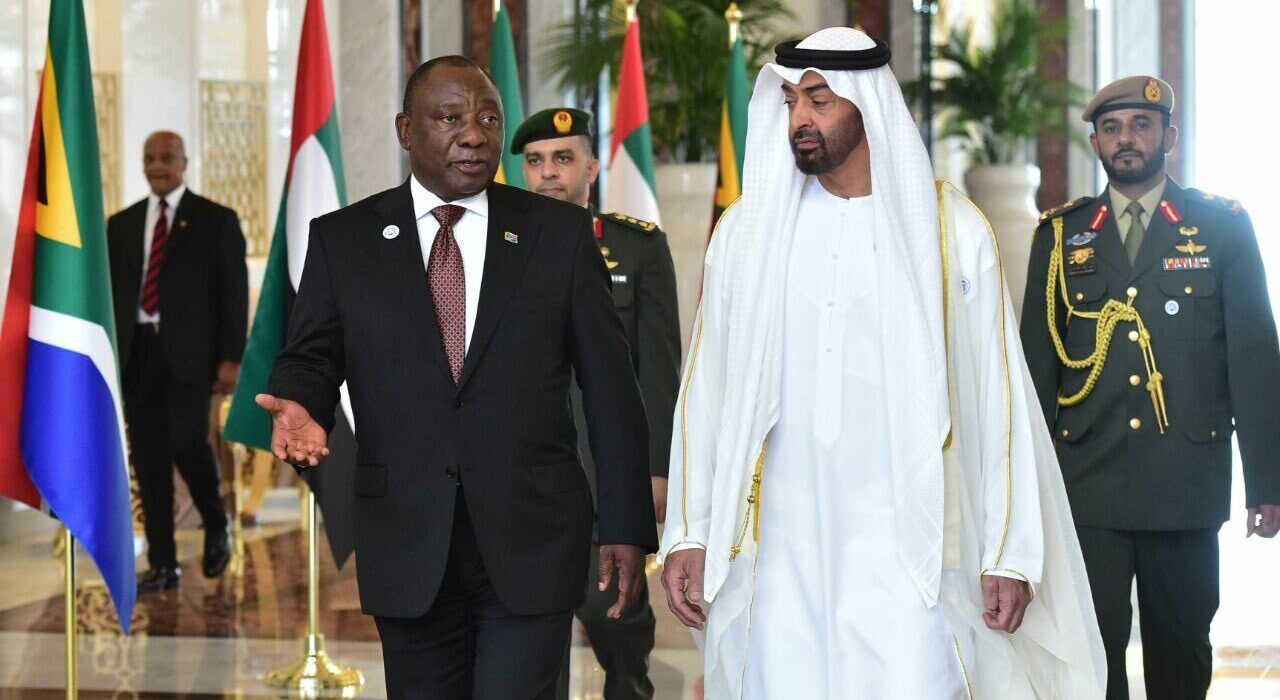
President Cyril Ramaphosa is steering South Africa through a pivotal moment in the nation’s journey. With the G20 Leaders’ Summit set for Johannesburg in November, his presidency emphasises a dual focus: economic renewal at home and African-led solutions on the global stage.
Central to the domestic agenda is inclusive growth through industrialisation and infrastructure. Under the Medium-Term Development Plan, Ramaphosa highlights structural reform, job creation and poverty reduction as key goals. “We must lift economic growth to above 3%,” he said in the State of the Nation Address. “To achieve higher levels of economic growth, we are undertaking massive investment in new infrastructure.”
In practice, that means over R940 billion earmarked for infrastructure projects over the next three years. This includes roads, ports, airports and waterways—revitalising logistics while improving basic services. Flagship projects like the Mtentu Bridge—set to become Africa’s tallest—and the Polihali Dam symbolise this effort. Meanwhile, through Operation Vulindlela, the administration continues to reduce red tape and attract private investment into freight rail and energy. A new digital visa platform is also being deployed to boost tourism and signal that South Africa is open for business.
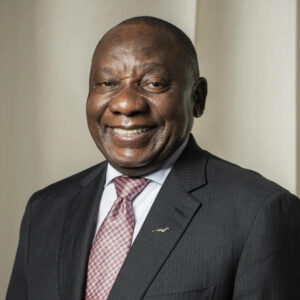
Energy transformation is a cornerstone of Ramaphosa’s policy agenda. With over US$13 billion pledged by international partners for South Africa’s energy transition, the government is scaling up renewables, reforming the electricity sector and opening transmission investment to private capital. These steps aim to eliminate load shedding, create a competitive electricity market and anchor a cleaner, more resilient grid.
Yet the strategy goes further—towards green industrialisation. South Africa is building capacity to add value to critical minerals and develop local manufacturing for clean technologies. This includes batteries, solar components and green hydrogen, positioning the country as a supplier to global energy transitions. “We are harnessing the sun and the wind to make our country a leader in renewable energy and green manufacturing,” Ramaphosa said. “With an abundance of cheap, green energy, we can produce products that are competitive anywhere in the world.”
Support for beneficiation in mineral production is key to South Africa’s G20 agenda. The chosen theme of ‘Solidarity, Equality and Sustainability’ underscores the nation’s priorities in securing investment for localised value addition in producer countries—bridging domestic policy with global energy transition goals. With the African Union now a permanent G20 member, Ramaphosa is using the moment to advance renewal at home and position South Africa as a continental leader on the world stage.
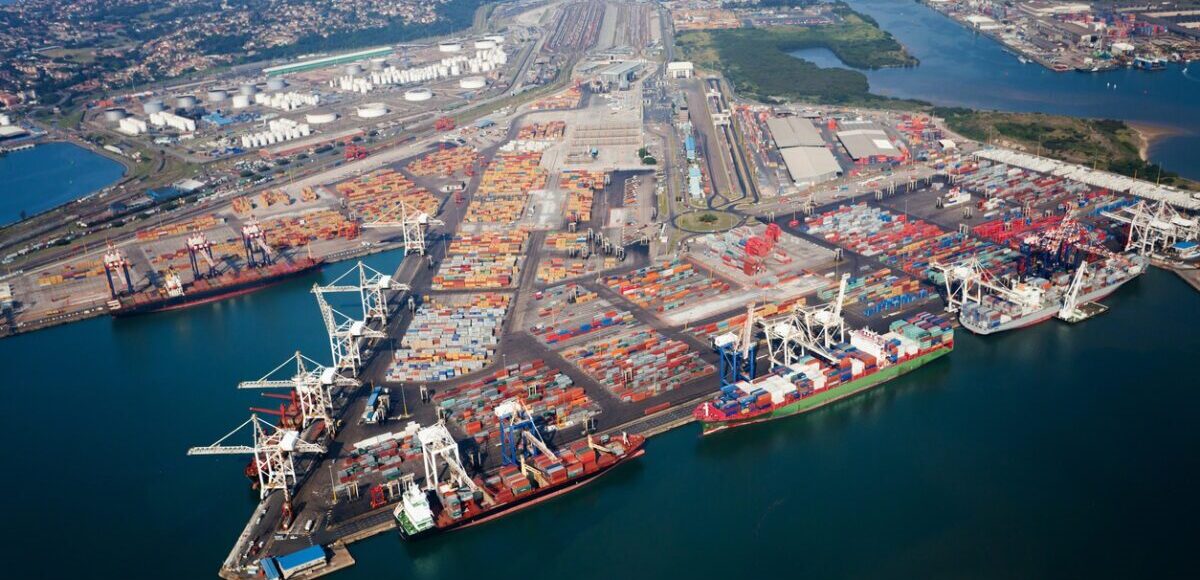
South Africa is using its G20 presidency to advance reform both at home and abroad. With economic diversification topping the agenda, the nation is strengthening its position as Africa’s investment gateway.
South Africa’s economy is built on scale and abundant resources. Established strengths in mining, manufacturing and financial services have long made the nation a natural gateway to Africa’s billion-strong market, and now the government is using that foundation to build an increasingly diversified economy, leveraging potential in energy, connectivity and infrastructure.
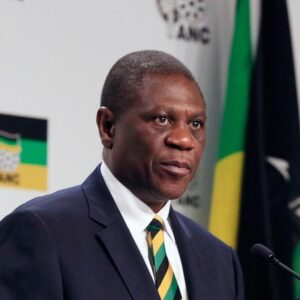
Energy transition is a central opportunity. With world-class solar and wind resources, the nation’s leaders are advancing large-scale renewable projects and encouraging private investment in transmission and infrastructure. “South Africa is well-positioned to pursue solar and wind energy,” says Deputy President Paul Mashatile. “We want partners to invest in all forms of energy transmission.” The Northern Cape province is at the forefront of this effort. Home to major projects by international firms and over 60% of national renewables capacity, the region highlights the opportunities that exist beyond traditional centres such as Cape Town and Johannesburg.
This focus on shared benefit from investment permeates the government’s agenda. Skills, innovation and youth participation are central to the administration’s vision of building a capable developmental state, demonstrating its commitment to inclusive growth that fuels long-term confidence. Similarly, under South Africa’s G20 presidency, an early decision was taken to schedule events across the country, with the Youth20, Women20 and ministerial forums bringing lesser-known regions into the international spotlight and showcasing South Africa’s readiness to deliver world-class connectivity.
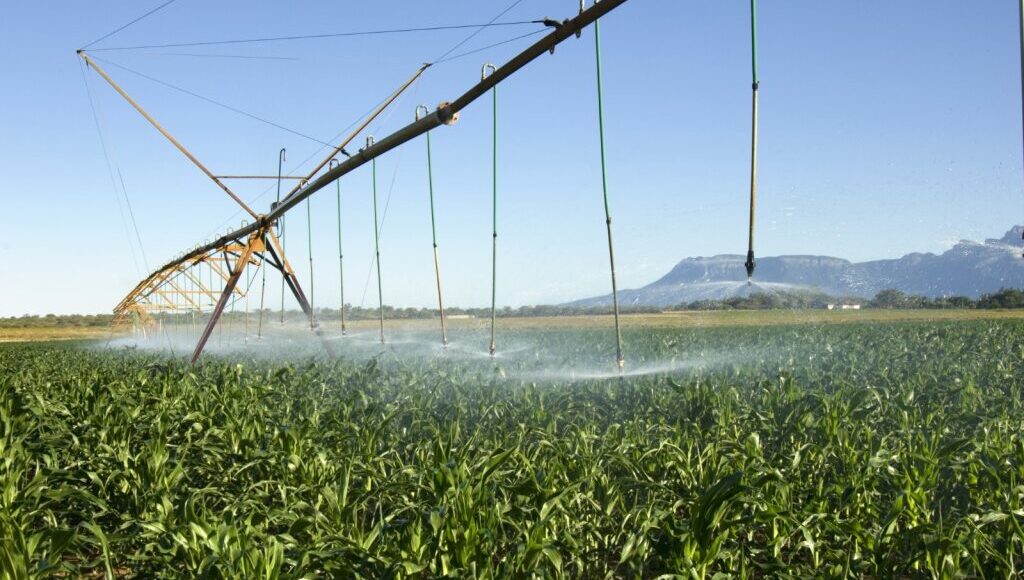
That extends to logistics, with the country home to sub-Saharan Africa’s most extensive transport network. South Africa has eight commercial ports, key international airports and freight corridors that reinforce its hub status, while special economic zones provide targeted tax and licensing incentives.
This is crucial for traditional partners such as the UAE, with which South Africa enjoys a long-standing relationship. “The UAE is one of our important trading partners,” Mashatile says. “We are working to increase trade volumes between our two nations.” For investors, these ties reflect South Africa’s position as both a key market and a continental gateway—with momentum behind reform, rich in resources, and positioned as Africa’s growth frontier.